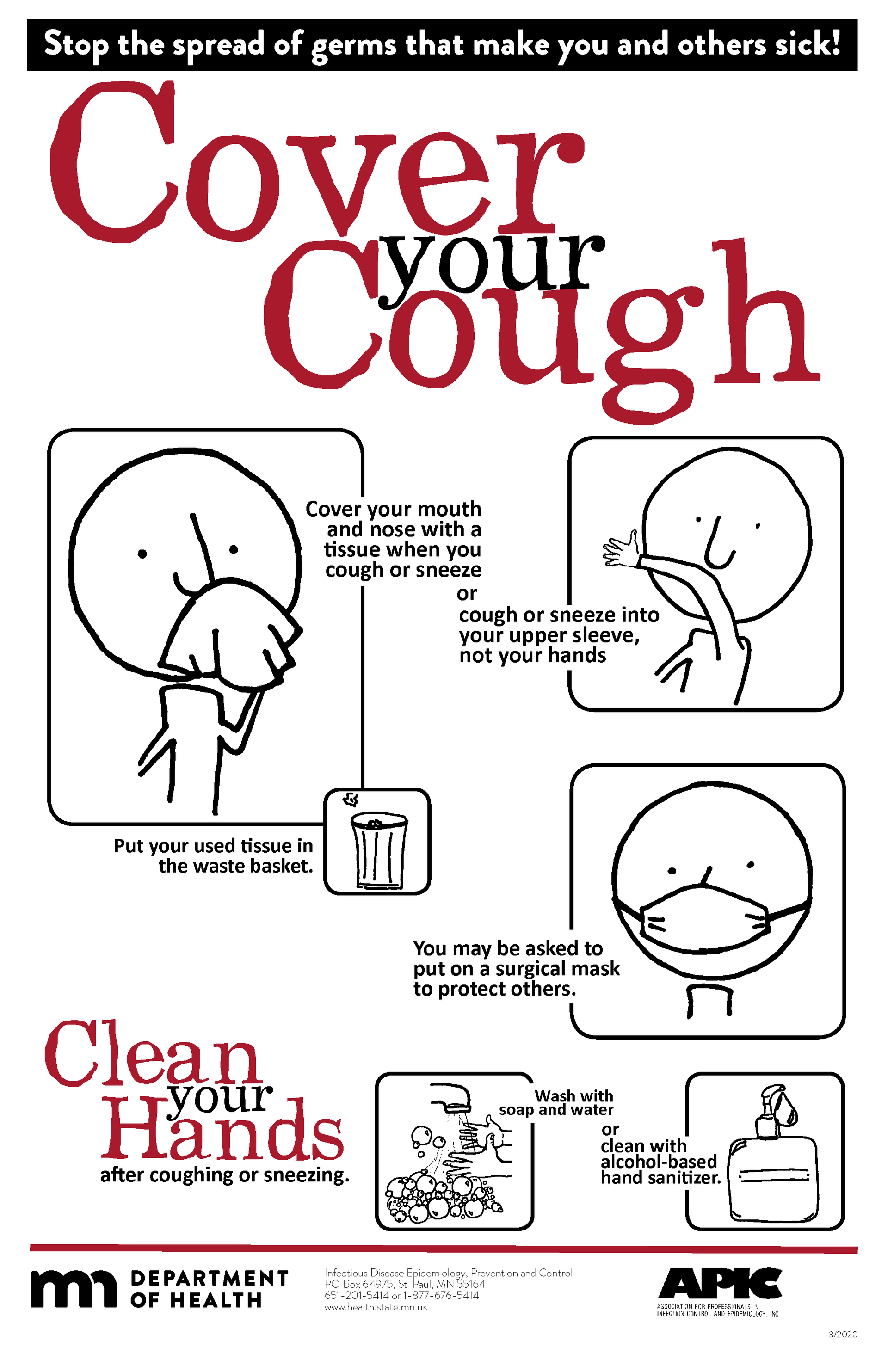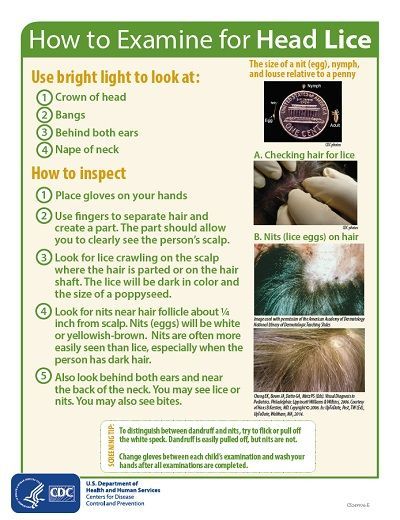Health Services
Health Services Overview
To strengthen and facilitate the educational process by providing services that contribute to a student's achievement and/or maintenance of optimal health.
The School Nurse role is fulfilled by Jeanna Wickersham, a National Registered EMT Intermediate, who:
- Serves as the child's advocate.
- Services as a liaison between parents, physicians, and community agencies.
- Evaluates and monitors communicable diseases and implements strategies to prevent the spread of disease.
- Conducts health related classroom instruction.
- Acts as a resource for faculty, parents and students.
- Is on campus full time.
Health Forms
Please download and complete any relevant forms and turn in to the front desk, or email to SSO@kapschool.org, Attention School Nurse.
KAPS Health Policy & Resources
Tobacco Prohibited
Students are prohibited from possessing or using any type of tobacco product, including electronic cigarettes or any other electronic vaporizing device, while on school property at any time or while attending an off campus school-related activity. The district and its staff strictly enforce prohibitions against the use of all tobacco products, including electronic cigarettes or any other electronic vaporizing device, by students and all others on school property and at school-sponsored and school-related activities. See the Student Handbook, located under Student Resources, for more information.
.
Physical Fitness Assessment
Annually, the district will conduct a physical fitness assessment of students who are enrolled in a physical education course or a course for which physical education credit is awarded. At the end of the school year, a parent may submit a written request to the principal to obtain the results of his or her child’s physical fitness assessment conducted during the school year.
Including:
- Local & Statewide Mental Health Resources
- Crisis Support Text Lines and Hotlines
- Grief Support Guides and Local Resources
- Telehealth Virtual Mental Health Referrals
- Community Resources for Students and Families
- Guide to Types of Mental Health Providers
Incluye:
- Recursos de salud mental locales y estatales
- Líneas de texto y líneas directas de apoyo en situaciones de crisis
- Guías de apoyo para el duelo y recursos locales
- Referencias virtuales de salud mental por telemedicina
- Recursos comunitarios para estudiantes y familias
- Guía de tipos de profesionales de la salud mental
Meningitis Info
Senate Bill 31, passed by the Texas Legislature on August 23, 2001, requires that school districts provide the information below to all parents in the district. There is no connection with the release of this information and the current world status. There is no reason for alarm. Meningitis is most commonly spread in college dormitories, due to close living arrangements, but the legislature felt it was important for all parents to be made aware of the disease.
WHAT IS MENINGITIS?
Meningitis is an inflammation of the covering of the brain and spinal cord. It can be caused by viruses, parasites, fungi, and bacteria. Viral meningitis is most common and the least serious. Bacterial meningitis is the most common form of serious bacterial infection with the potential for serious, long-term complications. It is an uncommon disease, but requires urgent treatment with antibiotics to prevent permanent damage or death.
WHAT ARE THE SYMPTOMS?
Someone with meningitis will become very ill. The illness may develop over one or two days, but it can also rapidly progress in a matter of hours. Not everyone with meningitis will have the same symptoms.
Children (over 1 year old) and adults with meningitis may have a severe headache, high temperature, vomiting, sensitivity to bright lights, neck stiffness or joint pains, and drowsiness or confusion. In both children and adults, there may be a rash of tiny, red-purple spots. These can occur anywhere on the body.
The diagnosis of bacterial meningitis is based on a combination of symptoms and laboratory results.
HOW SERIOUS IS BACTERIAL MENINGITIS?
If it is diagnosed early and treated promptly, the majority of people make a complete recovery. In some cases it can be fatal or a person may be left with permanent disability.
HOW IS BACTERIAL MENINGITIS SPREAD?
Fortunately, none of the bacteria that cause meningitis are as contagious as diseases like the common cold or the flu, and they are not spread by casual contact or by simply breathing the air where a person with meningitis has been. The germs live naturally in the back of our noses and throats, but they do not live for long outside the body. They are spread when people exchange saliva (such by kissing; sharing drinking containers, utensils, or cigarettes).
The germ does not cause meningitis in most people. Instead, most people become carriers of the germ for days, weeks or even months. The bacteria rarely overcome the body’s immune system and cause meningitis or another serious illness.
HOW CAN BACTERIAL MENINGITIS BE PREVENTED?
Do not share food, drinks, utensils, toothbrushes, or cigarettes. Limit the number of persons you kiss.
While there are vaccines for some other strains of bacterial meningitis, they are used only in special circumstances. These include when there is a disease outbreak in a community or for people traveling to a country where there is a high risk of getting the disease. Also, a vaccine is recommended by some groups for college students, particularly freshmen living in dorms or residence halls. The vaccine is safe and effective (85-90%). It can cause mild side effects, such as redness and pain at the injection site lasting up to two days. Immunity develops within 7 to 10 days after the vaccine is given and lasts for up to 5 years.
WHAT YOU SHOULD DO IF YOU THINK YOU OR A FRIEND MIGHT HAVE BACTERIAL MENINGITIS?
Seek prompt medical attention.
FOR MORE INFORMATION
Your school nurse, family doctor, and the staff at your local or regional health department office are excellent sources for information on all communicable diseases. You may also call your local health department or Regional Texas Department of Health office to ask about the meningococcal vaccine. Additional information may also be found at the web sites for the Centers for Disease Control and Prevention: www.cdc.gov and the Texas Department of Health: www.tdh.state.tx.us.
Cover your Cough

Stop the spread of germs that make you and others sick!
Cover your mouth and nose with a tissue when you cough or sneeze or cough or sneeze into your upper sleeve, not your hands. Put your used tissue in the waste basket.
Clean your Hands after coughing or sneezing. Wash hands with soap and warm water or clean with alcohol-based hand cleaner.
Managing Lice

How to Examine for Head Lice
- Use bright light to look at:
- Crown of head
- Bangs
- Behind both ears
- Nape of neck
How to inspect
- Place gloves on your hands
- Use fingers to separate hair and create a part. The part should allow you to clearly see the person’s scalp.
- Look for lice crawling on the scalp where the hair is parted or on the hair shaft. The lice will be dark in color and the size of a poppyseed.
- Look for nits near hair follicle about ¼ inch from scalp. Nits (eggs) will be white or yellowish-brown. Nits are often more easily seen than lice, especially when the person has dark hair.
- Also look behind both ears and near the back of the neck. You may see lice or nits. You may also see bites.
SCREENING TIP:
To distinguish between dandruff and nits, try to flick or pull off the white speck. Dandruff is easily pulled off, but nits are not.
Change gloves between each child’s examination and wash your hands after all examinations are completed.
Influenza (Flu)
Influenza/Flu Vaccines:
Flu vaccines are offered in many doctor’s offices and clinics. Even if you don’t have a regular doctor or nurse, you can get a flu vaccine somewhere else like a health department, pharmacy, urgent care clinic, college health center, and even in some schools and workplaces.
To find a flu vaccine near you, please visit www.vaccines.gov/find-vaccines/
Alternatively, Texans can call 2-1-1 or visit 211Texas.org to find information on vaccine availability from local public health departments and other nearby non-profit organizations.
Learn more about Influenza (Flu)
HB 1059, Texas Department of State Health Services, Flu Information on Campus Websites
Influenza (gripe) - Español
Vacunas contra la influenza/gripe:
Las vacunas contra la influenza se ofrecen en muchos consultorios médicos y clínicas. Incluso si no tiene un médico o enfermero de cabecera, puede vacunarse en otros lugares, como un departamento de salud, una farmacia, una clínica de urgencias, un centro de salud universitario e incluso en algunas escuelas y lugares de trabajo.
Para encontrar una vacuna contra la influenza cerca de usted, visite www.vaccines.gov/find-vaccines/
Como alternativa, los tejanos pueden llamar al 211 o visitar 211Texas.org para obtener información sobre la disponibilidad de vacunas en los departamentos de salud pública locales y otras organizaciones sin fines de lucro cercanas.
Infórmese más sobre la influenza (gripe).
HB 1059, Departamento de Servicios de Salud del Estado de Texas, Información sobre la gripe en los sitios web del campus
When to Keep Your Student Home from School
State rules require schools to exclude students with certain illnesses from school for certain periods of time.
For example; if a child has a fever over 100 degrees, he or she must stay out of school until fever-free for 24 hours without use of fever-reducing medications.
When your child is ill, please inform the school attendance clerk/teacher about the absence with reason/valid documentation.
If a student becomes ill during the school day, and the school nurse/designated staff determines that the child should go home, the nurse will contact the parent.
Students with diarrheal illnesses must stay home until they are diarrhea-free without using diarrhea-vomiting suppressing medications for 24 hours.
The district is required to report certain contagious (communicable) diseases or illnesses to the Texas Department of State Health Services (TDSHS) or our local/regional health authority.
The school nurse can provide information from TDSHS on these notifiable conditions. The school nurse/designated staff is available to answer any questions for parents who are concerned about whether or not their child should stay home.
Texas Health and Human Services Communicable Disease Chart
Diseases Requiring School Exclusion: Texas Administrative Code, Title 25, Part 1, Chapter 97, Subchapter A Rule SS97.7





